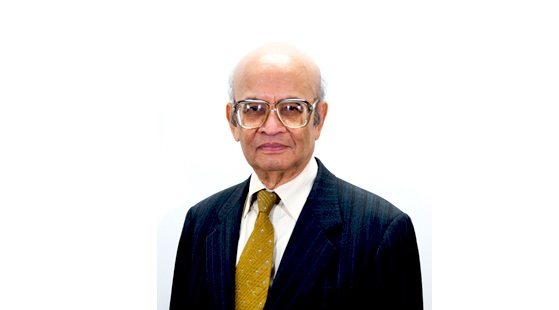Mr. Kanit Na Nakorn, the chief of the Law Reform Commission of Thailand (LRCT), who is also in charge of the Constitution Drafting Committee (CDC), pointed out there will be no amnesty for corruption cases and that the junta should pass this bill to the parliament for approval.
Kanit stated his intention in a press conference Thursday to affirm the important basic rights and equality guarantees as stated in the old constitution and that he would like to add or edit important issues–particularly rules and regulations. Moreover, punishment will be imposed on violators, he added. Nonetheless, human rights, freedom and human equality should be respected, as written in the 2007 constitution.
Reform in political structure needs to follow the procedures laid out in the 2007 constitution. “Only important issues need to be addressed,” he reasserted, with the intention to formulate the country’s major policies, not the government’s or political parties’. However, such policies should be implemented, he added.
He explained further that reconciliation should be established on the ground of truth with consideration for the root cause of a particular problem as a move towards reconciliation. Whereas there should be clear and important conditions applied to the provision of amnesty, and it should not be bestowed upon those guilty of corruption charges, serious criminals, and upon whoever offends the monarch, which could disrupt national peace and order, Kanit asserted.
For the cabinet however, it was the view of the LRCT that the formation of the cabinet should remain unchanged in order to elect the prime minister in favor of the House of Representatives.
As for the judicial sector, the Supreme Court should judge on special legal matters, Kanit said. In addition, the Labour Court should be separated from the Court of Justice while the Military Court would be authorized to pass verdict on militaristic criminal cases only.
Hereby, the commission also stated that the martial law should be exercised only when it deems necessary and be proposed to parliament for approval.
By Panthep Pande
